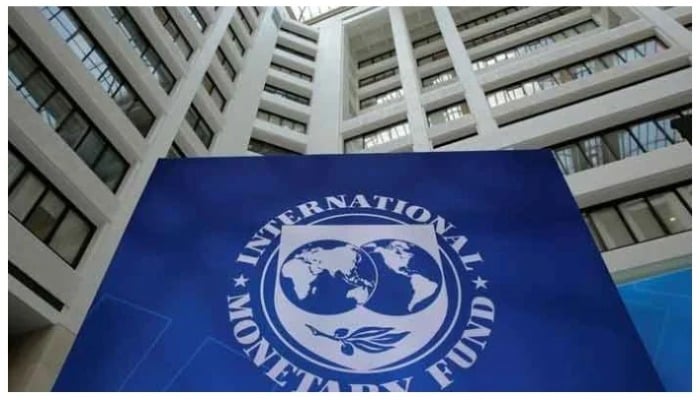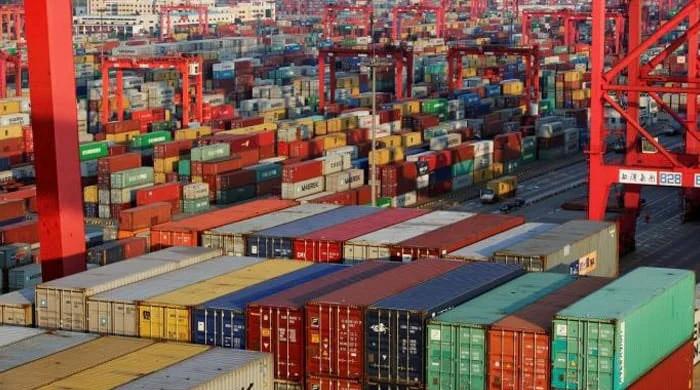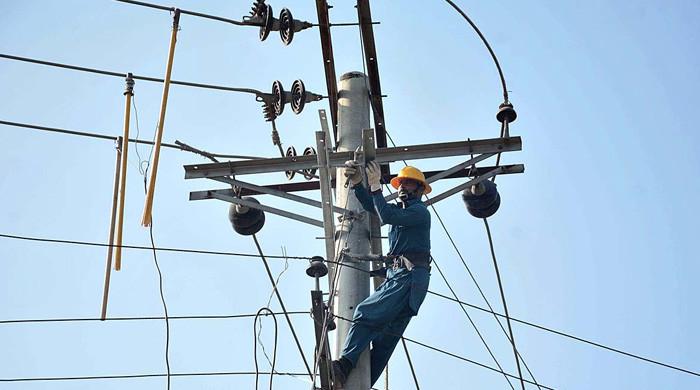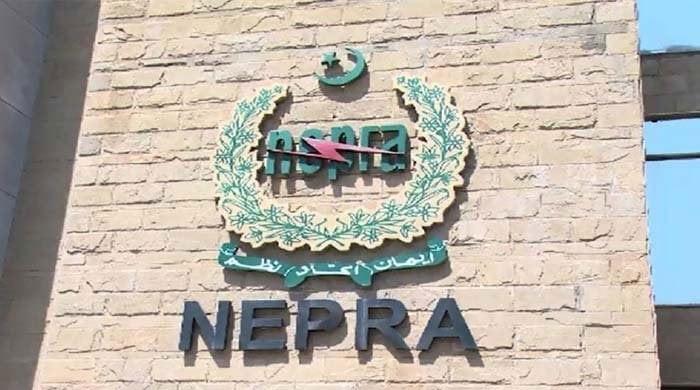IMF unconvinced over Pakistan govt's amnesty scheme: report
IMF critical about financing sources of prime minister’s relief package and its financial impacts on commodity prices, say sources
March 24, 2022

- Govt fails to satisfy IMF with its justifications for recently announced amnesty scheme, says report.
- IMF critical about financing sources of prime minister’s relief package and its financial impacts on commodity prices, say sources
- Delay in conclusion of 7th IMF review could lead to disbursement of two tranches worth around $1.9bn till federal budget due in June.
After Finance Minister Shaukat Tarin's claims that Pakistan and the International Monetary Fund (IMF) will reach a staff-level agreement this week, the government failed to convince the Fund with its justifications for the recently announced amnesty scheme, according to a media report.
A report published by Daily Dawn said that the IMF has doubts over the financing sources of the prime minister’s relief package and the financial impact it would have on electricity and petroleum prices.
Despite hopes to get a positive response from the IMF, the government and the Fund are unlikely to conclude the ongoing seventh review of the $6 billion Extended Fund Facility (EFF) anytime soon, the publication reported.
According to the report, the delay in conclusion could also delay the disbursement of two tranches worth around $1.9 billion till the federal budget due in June, which is also subject to the outcome of a no-confidence motion against PM Imran Khan.
Meanwhile, the IMF staff mission raised more questions on the estimated impact of relief measures announced by the government and their financing guarantees after the final round of policy-level talks with Finance Minister Shaukat Tarin, Daily Dawn stated, citing well-informed sources.
The mission was completely dissatisfied with the government's arguments favouring the money-whitening scheme for the industrial sector
“You had written and signed a memorandum of economic and financial policies (MEFP) that there would be no more amnesty scheme,” the publication cited a source as quoting the IMF side telling Tarin and his team.
The lender is critical of the government's third tax amnesty scheme regardless of a recent withdrawal of tax distortions through the removal of GST exemptions in the mini-budget agreed under the last review leading to the revival of the EFF after a nine-month hiatus and later to the disbursement of over a $1bn tranche.
“We also reaffirm our commitment to not granting further tax amnesties (continuous structural benchmark) and avoiding the practice of issuing new preferential tax treatments or exemptions,” the written undertaking by Finance Minister Tarin and State Bank Governor Dr Reza Baqir had said.
Sources further stated that the numbers worked out by the IMF mission were fairly high than the estimates and data provided by Pakistani authorities.
The Fund’s mission had reportedly gathered a different set of data in private meetings with some stakeholders in the energy sector, including refineries and oil companies,
On Sunday, the Finance Minister had said that IMF has asked Pakistan to explain how it would fund a $1.5 billion subsidy package announced by PM Imran Khan.
“There are no issues. We have given them details as to where the funds would come from,” Tarin said, adding the IMF wanted details of the resources to fund the subsidy in fuel and electricity, which Pakistan has frozen for the next four months until the new budget.
The IMF has begun the seventh review of the $6 billion rescue package agreed with Pakistan in 2019, and Tarin said he will have a final meeting with the lender on Tuesday.
The IMF asked it will need to see the agreements of the dividends of State-Owned Enterprises (SOEs) as well as details of the spare funds the central government will get from provinces.
“We have done our homework,” Tarin said.
Some of the subsidy money would also come from the above-target revenues Pakistan was getting this fiscal year, he had said previously.
Earlier this month, Tarin said revenue would hit 6.1 trillion Pakistani rupees ($34.2 billion), compared to a target of 5.8 trillion rupees.
Embattled Khan, facing a no-confidence move to oust him from office by opposition parties, had announced a cut in petrol and electricity prices despite a steep rise in the global oil market.
The south Asian country had to undertake fiscal tightening measures to pass its last IMF review, which was delayed by months as the government struggled to complete prior action required by the lender to release $1 billion in February.
The virtual parleys of IMF team with the Pakistani authorities, started on March 4, were supposed to be concluded in two weeks but got prolonged as a result of differences between the two parties.
The Fund had been expressing concerns over government's “one step forward, two steps back” approach on critical reforms having serious budget implications going forward.
$6 billion deal with IMF
In May 2019, Pakistan and the IMF reached a staff-level agreement on economic policies for a three-year Extended Fund Facility (EFF).
Under the agreement, Pakistan was to receive about US$6 billion for a period of 39 months, and so far it has received almost half it.
The IMF programme is scheduled to end in September.
Talks with IMF proceeding as per plan: Ministry of Finance
Meanwhile, the Ministry of Finance once again reiterated that negotiations with the IMF are proceeding as per plan.
“The parties are engaged in technical level discussions on virtual meetings and data sharing,” the statement read.
The ministry said that the review is focused on targeted goals, a recent relied package announced by PM Imran Khan, adding that it is agreed that all the targets set by the Fund will be achieved by the end of December.
Moreover, the statement highlighted that complete details of the relief packages, including financing options, have been shared with the IMF; however, the Fund has indicated that further talks are needed in the next few days.
“The IMF has also hinted at talks on the industrial package announced by PM Imran Khan,” the statement read.
The ministry said that the IMF board will meet in April to finalise the memorandum and the government is committed to completing the IMF programme in September.











